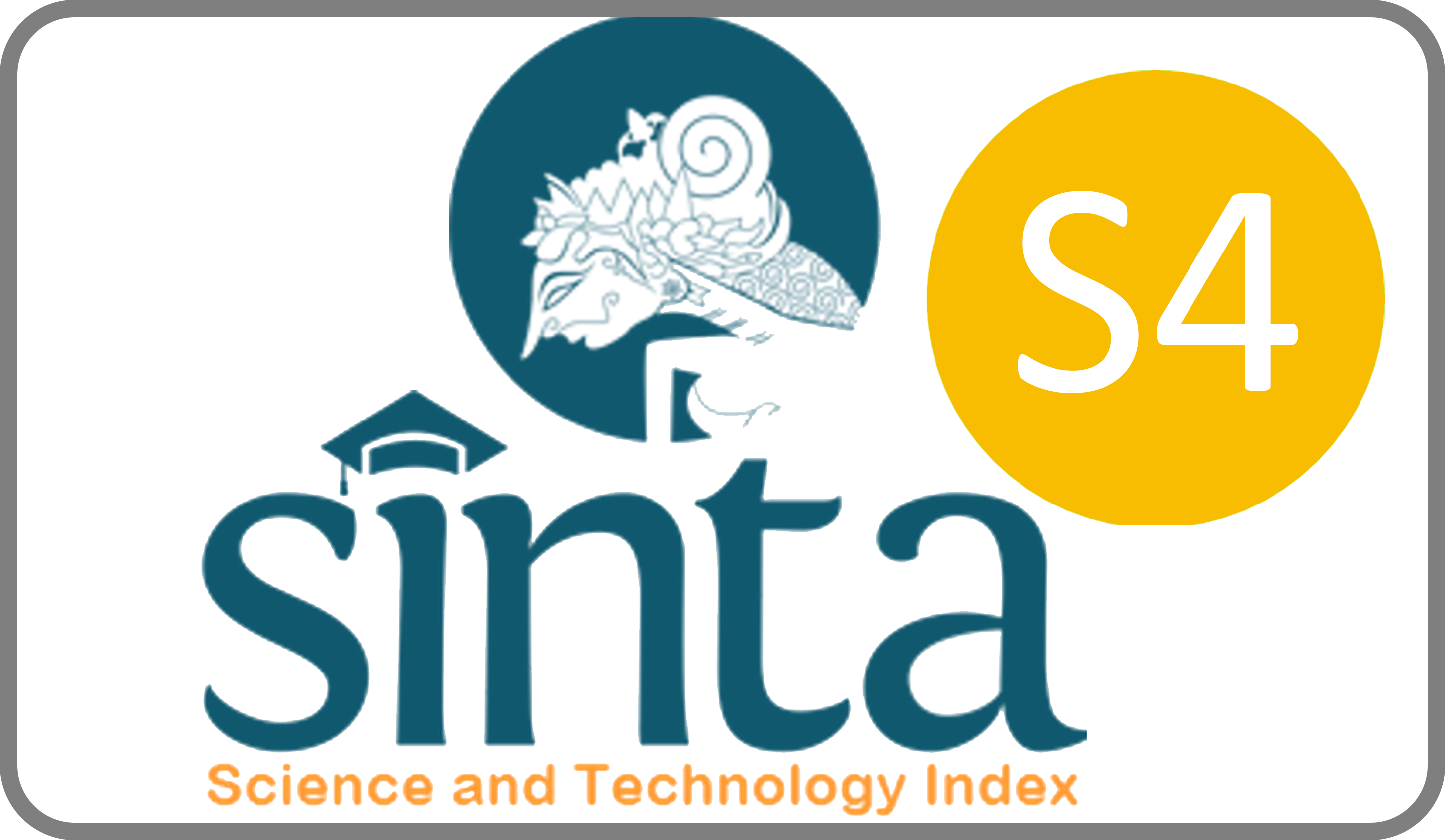SOCIALIZATION OF DIGITAL LITERACY IN DEALING WITH THE COVID-19 INFODEMICS FOR MEMBERS OF PKK IN DESA KARANGREJO, GRESIK
Downloads
The infodemic phenomenon has become one of the biggest challenges in dealing with COVID-19. This is because there is a lot of disinformation and misinformation that widespread in the community. Various hoaxes about COVID-19 have caused anxiety and fear. Therefore, this community service activity aims to provide socialization related to digital literacy to the community, so that they are able to handle the current infodemic. The target of community is members of Family Empowerment and Welfare (PKK) in Desa Karangrejo, Kecamatan Manyar, Kabupaten Gresik. This is because women are easy targets for irresponsible parties in spreading hoaxes. The method used is divided into three stages which include planning, implementation, and evaluation. In the process, socialization was held through Zoom Meetings and re-broadcast via Youtube. Pre-test and post-test were also conducted online by distributing questionnaires via google forms. This community service activity resulted that in the pre-test stage, there were still many people who received hoaxes regarding COVID-19. It causes the community became enthusiastic to participating in the socialization activity. In the sessions of interactive discussion, the community was more active in asking several questions about personal issues or general issues that popular today. Indeed, the post-test results then showed that all PKK's members agreed that the socialization activities has provided a lot of knowledge and benefits to them. It because the speakers explained their clarifications on various hoaxes regarding COVID-19. They also provided training to the members regarding the proper steps to conduct fact checking about several informations.

This work is licensed under a Creative Commons Attribution-ShareAlike 4.0 International License.
JLM by Unair is licensed under a Creative Commons Attribution-ShareAlike 4.0 International License.
1. The journal allows the author to hold the copyright of the article without restrictions.
2. The journal allows the author(s) to retain publishing rights without restrictions
3. The legal formal aspect of journal publication accessibility refers to Creative Commons Attribution Share-Alike (CC BY-SA).
4. The Creative Commons Attribution Share-Alike (CC BY-SA) license allows re-distribution and re-use of a licensed work on the conditions that the creator is appropriately credited and that any derivative work is made available under "the same, similar or a compatible license”. Other than the conditions mentioned above, the editorial board is not responsible for copyright violation.


















